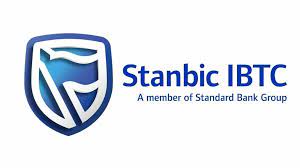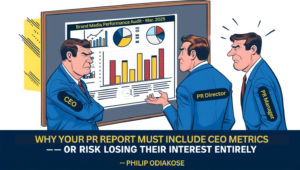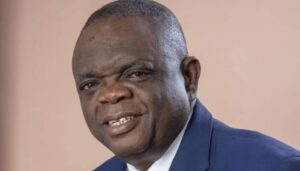
The recovery in the Nigerian private sector has begun to gather momentum at the start of 2024, with rates of expansion in output and new orders accelerating sharply, a recent survey, tagged ”Stanbic IBTC Purchasing Managers’ Index” (PMI), has revealed.
The report, which also revealed a marked expansion in purchasing activity, explained that the difficulties in paying staff, as seen in the survey, depicts that rate of job creation eased, contributing to a rise in backlogs of work.
“Meanwhile, rates of inflation remained elevated but softened from December. Readings above 50.0 signal an improvement in business conditions on the previous month, while readings below 50.0 show a deterioration,” the report stated.
The headline PMI rose to 54.5 in January from 52.7 in December, above the 50.0 no-change mark for the second month running and signaling a solid improvement in the health of the private sector.
In fact, the strengthening of business conditions was the most pronounced in just over a year. The recovery in new orders which began in December gathered momentum in January amid reports from panelists of strengthening demand. New business increased sharply, and to the largest degree since April 2022.
Business activity also rose for the second successive month in January and at the fastest pace in 21 months. All four broad sectors covered by the survey posted improvements in output. In turn, companies also expanded their purchasing activity at a sharp pace, with stocks of inputs up accordingly.
Firms were helped in their efforts to secure inputs by quicker deliveries from suppliers. Shorter lead times reflected good relationships with vendors, prompt payments and quiet traffic conditions. The accumulation in stocks of purchases in part reflected plans for further improvements in output in the coming months. Companies remain optimistic that output will increase over the year ahead and were more confident than in December.
Sentiments remain relatively muted. Bucking the wider trend of a strengthening recovery, employment increased at a softer pace in January amid some reports that firms had faced challenges paying staff. This is contributed to a second successive monthly rise in outstanding business. Backlogs increased slightly, but at a faster pace than in December. Rates of inflation remained elevated in January, but showed some signs of easing.
Purchase prices rose at the softest pace in eight months, but currency weakness and higher costs for fuel and raw materials meant that inflation remained elevated. The rate at which staff costs increased was broadly unchanged from December as firms helped workers with higher living costs, particularly those related to transportation. Matching the trend for input prices, the rate of output charge inflation remained elevated but eased to an eight-month low at the start of 2024.




Comments